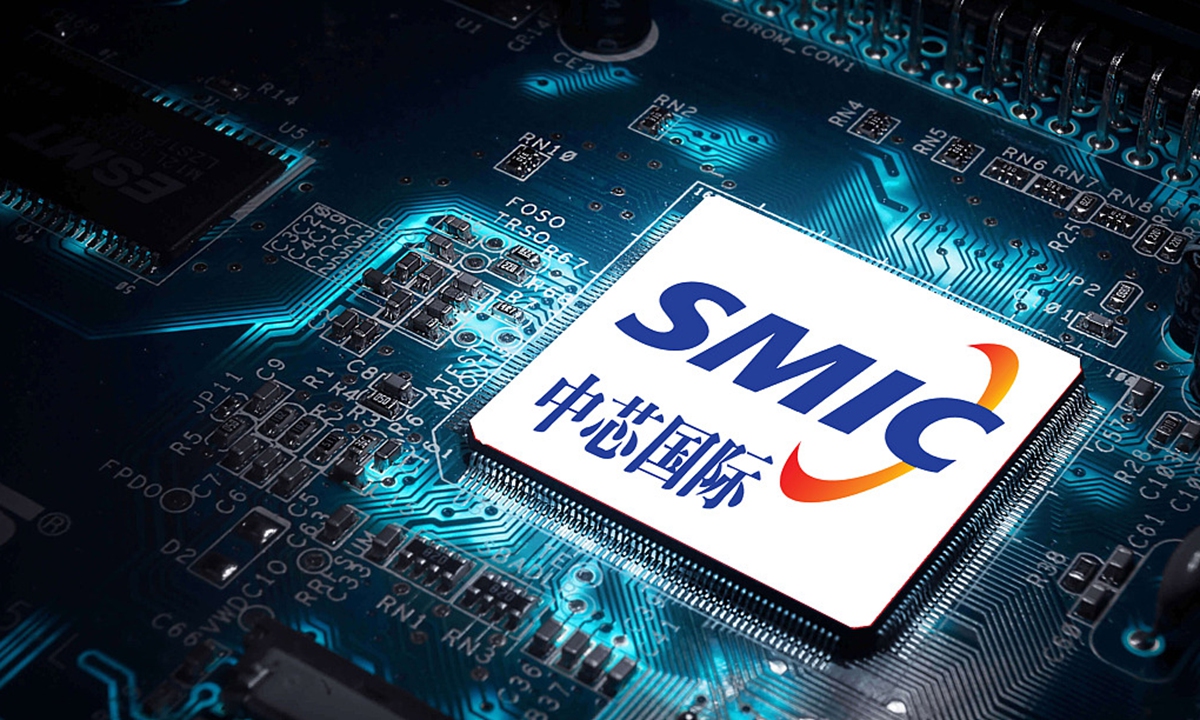Manufacture
AI-Integrated Robotics by Physical Intelligence
Image Source:
https://miro.medium.com/v2/da:true/resize:fit:1200/0*eJb3r1aGcxfF2Sst
Revolutionizing Robotics with AI Integration
In November 2024, Physical Intelligence, a San Francisco-based startup, secured $400 million in funding from prominent investors, including OpenAI and Jeff Bezos, reaching a valuation of over $2 billion. The company's mission is to develop universal AI models capable of powering a wide range of robots, aiming to bridge the gap between artificial intelligence and physical automation.
Challenges in Traditional Robotics
Historically, robotics has faced significant challenges due to the need for task-specific programming and limited adaptability across different applications. This fragmentation has hindered scalability and slowed the integration of robots into various industries, limiting their potential to enhance productivity and efficiency.
Introducing π0: A Generalist AI Model for Robotics
To address these challenges, Physical Intelligence developed π0 (pi-zero), a general-purpose AI model designed to enable robots to perform a diverse array of tasks. By training π0 on extensive datasets from multiple robotic platforms, the company has created a foundation model that allows robots to execute complex actions such as folding laundry, clearing tables, and assembling products. This approach mirrors the success of large language models like GPT-3, applying similar principles to physical tasks.
Achieving Significant Milestones
The implementation of π0 has led to notable advancements:
Versatility Across Platforms: Robots equipped with π0 can seamlessly transition between tasks without the need for reprogramming, enhancing operational flexibility.
Improved Efficiency: The AI model enables robots to learn and adapt to new tasks more rapidly, reducing downtime and increasing productivity.
Scalability: The universal nature of π0 facilitates its deployment across various industries, from manufacturing to healthcare, without extensive customization.
Implications for Your Business
Physical Intelligence's success demonstrates that integrating AI into robotics can lead to substantial efficiency gains, product quality improvements, and workforce development. For businesses facing operational challenges or seeking to scale, AI offers transformative solutions that drive growth and competitiveness.
Embark on Your AI Journey with Proxsis AI
Inspired by Physical Intelligence's transformation? Let Proxsis AI guide you in harnessing the power of artificial intelligence to revolutionize your operations and achieve unparalleled success. Contact us today to explore tailored AI solutions for your business.
References
Wired. (2024). "Inside the Billion-Dollar Startup Bringing AI Into the Physical World." Available at: Wired
The Wall Street Journal. (2024). "A Powerful AI Breakthrough Is About to Transform the World." Available at: The Wall Street Journal
Reuters. (2024). "Robot AI startup Physical Intelligence raises $400 mln from Bezos, OpenAI." Available at: Reuters
More from
Manufacture

Manufacture
AI-Optimized Beer Production at Australian Brewery

Manufacture
AI-Powered Smart Factory by Priestley's Gourmet Delights

Manufacture
Generative AI in Sneaker Manufacturing by Zellerfeld

Manufacture
AI-Enhanced Semiconductor Manufacturing by SMIC

